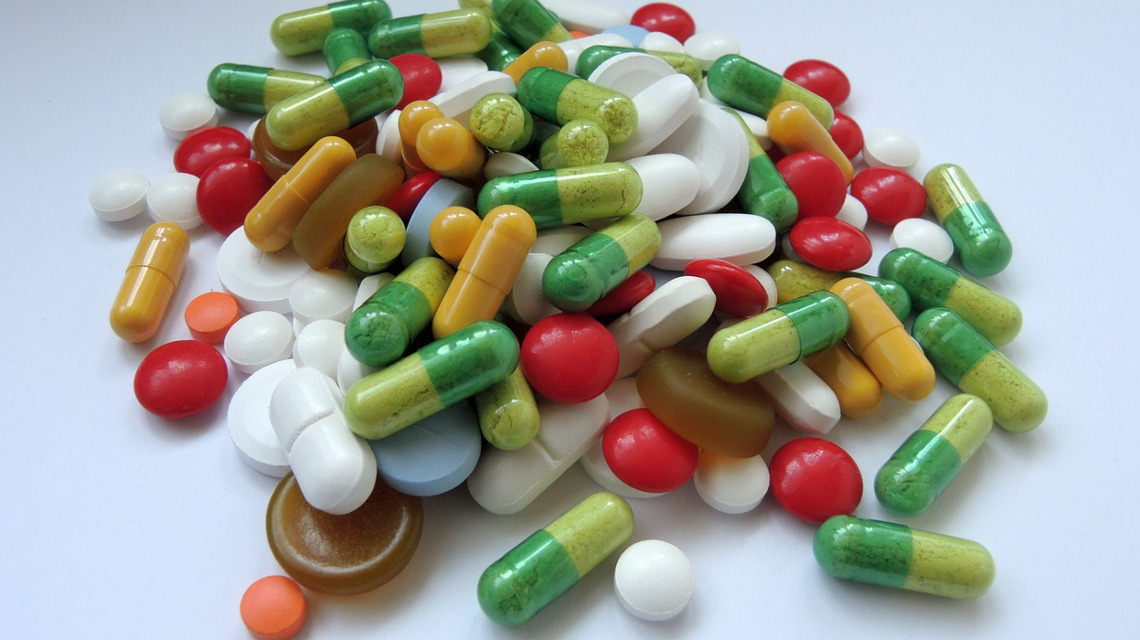Novel biosurfactants to hit the market
Whether it's cosmetics or washing detergents — surfactants are used extensively in industry. Bio-based rhamnolipids are one of the biggest current trends.

They are found in cosmetics, pharmaceuticals, cleaning agents, on seeds and even in fire extinguishers: surfactants. These substances reduce the surface tension of a liquid or the interfacial tension between two liquid phases. Surfactants can be used to mix generally immiscible liquids together or separate them from each other in a controlled manner.
In mid-December, Biotensidon GmbH, a Karlsruhe-based subsidiary of the Swiss firm Biotensidon International AG, announced a breakthrough in the mass production of rhamnolipid surfactants.
Rhamnolipids are a type of bio-surfactant, that is, surfactants produced from renewable raw materials that in most cases are biodegradable, too. Alongside processes to manufacture these substances from rapeseed or palm oil, their microbial production in bioreactors is becoming increasingly important. According to Rolf Hartmann, a board member of the Swiss company, the breakthrough did not come as the result of a single achievement. After first acquiring the highly productive but nonetheless non-pathogenic strain Pseudomonas aeruginosa, over the past few months Biotensidon identified the correct nutrient and processing technology suitable for the industrial manufacture of rhamnolipids based on this single-cell micro-organism. Upcoming plans include forming a joint venture with a company from the pharmaceutical, cosmetics or animal feed sectors.
Growing bio-surfactant market
At 370,000 tonnes, bio-surfactants make up only a minor share of the 18 million tonnes of surfactants manufactured each year. The lion's share is produced from petroleum. Yet the biosurfactant market is growing by more than 4% per annum (further info in German: Branchen-Überblick Konsumgüter). According to market research company Fractovia, rhamnolipids are the most lucrative area, accounting for more than 8% of the biosurfactant market. Chemical giant Henkel has also been using biosurfactants for a number of years — in glass-cleaning agents, for example. "Rhamnolipids are an important class of biosurfactants and, after sophorolipids, have been studied the most. We haven't used rhamnolipids to date, but together with our external partners we're keeping an eye on applied research in the area," explains a Henkel spokesperson. Evonik, a specialist chemical group, have taken this a step further: they're currently developing a pilot plant for rhamnolipid production in Slovakia.
Multi-million investment in rhamnolipid production
Biotensidon's backer — described by Hartmann as "a private investor active in another sector" — has subscribed further capital in the tens of millions for the scaling-up of production now on the cards. "That will allow us to implement the two initial production phases in Germany and achieve annual rhamnolipid production of 200 tonnes in 2017", says Hartmann. "We are searching for a suitable production site to commence full production in 2019." Hartmann estimates that a contribution in the hundreds of millions will be required for the two-step increase in annual production capacity to 2,000 tonnes and 5,000 tonnes respectively.


